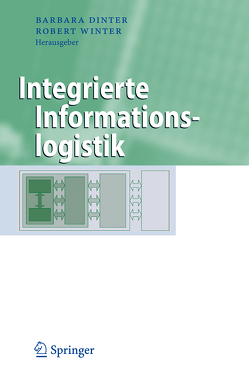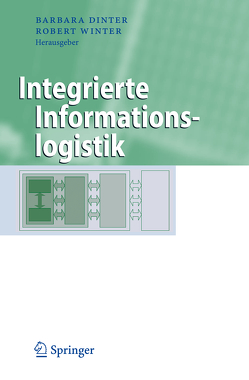Methode zur Messung und Steigerung der individuellen Akzeptanz von Informationslogistik in Unternehmen
Moritz Schmaltz
Ausgangspunkt dieser Arbeit ist die Feststellung, dass die Nutzungsintensität von analytischen Informationssystemen (Informationslogistik) in Unternehmen oft hinter den Erwartungen zurückbleibt. Um eine systematische Messung und Steigerung dieser mangelnden Akzeptanz zu ermöglichen, wird basierend auf dem Technology Acceptance Model von DAVIS ein Akzeptanzmodell für die Informationslogistik entworfen. Dieses Akzeptanzmodell wird empirisch validiert. Aus Fallstudien werden Muster für Massnahmen zur Steigerung der Akzeptanz der Informationslogistik abgeleitet. Eine Methode zur Messung und Steigerung der Akzeptanz erlaubt, anhand des Akzeptanzmodells die Akzeptanz im Unternehmen zu messen und geeignete Massnahmenmuster zur Steigerung der Akzeptanz zu einem Massnahmenprogramm zu kombinieren.
emph { Schlüsselwörter: Informationslogistik, Data Warehouse, Business Intelligence, Entscheidungsunterstützungssysteme, Analytische Informationssysteme, Techn logieakzeptanz, Technology Acceptance Model, TAM, Massnahmen, Design Research.
This work is based on the observation that the utilization of analytical information systems (information logistics) in professional environments frequently falls short of expectations. In order to enable system owners to systematically measure and increase the acceptance of these systems, an acceptance model for information logistics is designed based on the Technology Acceptance Model introduced by DAVIS. This acceptance model is evaluated empirically based on a field study. Interventions for increasing the acceptance are derived from case studies. A method for measuring and increasing the acceptance of information logistics is proposed. This allows for a measurement of information logistics acceptance based on the acceptance model and for the selection of appropriate interventions based on the measurement results.
emph {Keywords: Information Logistics, Data Warehouse, Business Intelligence, Decision Support Systems, Analytical Information Systems, Technology Acceptance, Technology Acceptance Model, TAM, Interventions, Design Research.


















